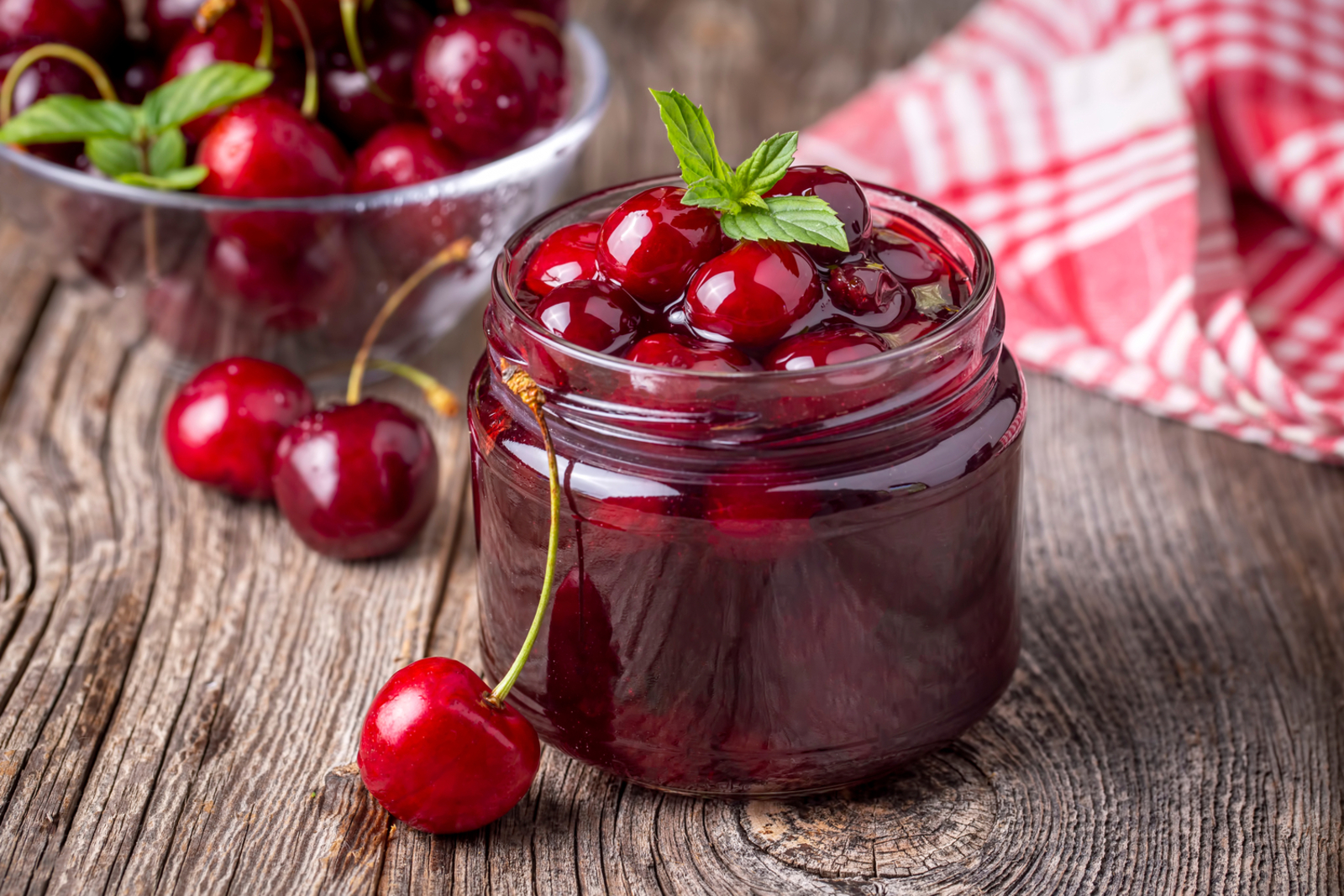
7 Best Foods To Help You Sleep
And Other Helpful Sleep Remedies
In the pursuit of a restful night’s sleep, exploring natural sleep aids through diet is an invaluable strategy. While OTC sleep aids like Advil, NyQuil, Tylenol PM, and Excedrin PM may offer temporary relief, incorporating sleep-friendly foods into your diet can be a sustainable approach to improve sleep quality. In this listicle, we unveil seven delicious and nutritious foods that can contribute to better sleep, reducing the reliance on over-the-counter medications.
1. Cherries for natural melatonin
Cherries, particularly tart cherries, are a natural source of melatonin, a hormone that regulates sleep-wake cycles. Consuming cherries or tart cherry juice may help increase melatonin levels in the body, promoting a more restful and quality sleep.
2. Bananas for magnesium and potassium
Bananas are rich in both magnesium and potassium, essential minerals that play a role in muscle relaxation and nerve function. Magnesium, in particular, can help calm the nervous system, making bananas a convenient and nutritious bedtime snack to aid in winding down.
3. Fatty fish with omega-3 fatty acids
Fatty fish like salmon and trout are loaded with omega-3 fatty acids, known for their numerous health benefits, including sleep promotion. Omega-3s may increase the production of serotonin, a neurotransmitter that contributes to relaxation and better sleep.
4. Kiwi for serotonin and antioxidants
Kiwi is a powerhouse of nutrients, including serotonin, which helps regulate the sleep-wake cycle. Additionally, kiwi is packed with antioxidants like vitamin C and carotenoids, offering potential benefits for sleep quality. Consuming kiwi before bedtime may aid in falling asleep faster and enjoying a more rejuvenating sleep.
5. Almonds as a source of magnesium and melatonin
Almonds are not only a satisfying and healthy snack but also a good source of magnesium and melatonin. Magnesium helps relax muscles and regulate neurotransmitters, while the small amounts of melatonin found in almonds can contribute to improved sleep quality.
6. Warm milk for tryptophan
The age-old remedy of warm milk before bedtime holds merit. Milk contains tryptophan, an amino acid precursor to serotonin and melatonin. The comforting warmth of milk can also induce a sense of relaxation, making it a soothing bedtime beverage.
7. Whole grains for complex carbohydrates
Whole grains like brown rice, quinoa, and oats are rich in complex carbohydrates. These foods can increase the production of serotonin, promoting a calm and relaxed state conducive to better sleep. Avoid refined carbohydrates close to bedtime and opt for whole grains for sustained energy release.
Considerations for OTC Sleep Aids
While exploring natural sleep aids through diet, it’s essential to consider the potential side effects and interactions of OTC sleep aids like Advil, NyQuil, Tylenol PM, and Excedrin PM. These medications may contain active ingredients that can cause drowsiness, but they also come with considerations such as dependency and potential interactions with other medications. Before combining these OTC sleep aids with dietary changes, it’s advisable to consult with a healthcare professional to ensure a safe and effective approach to improving sleep.


